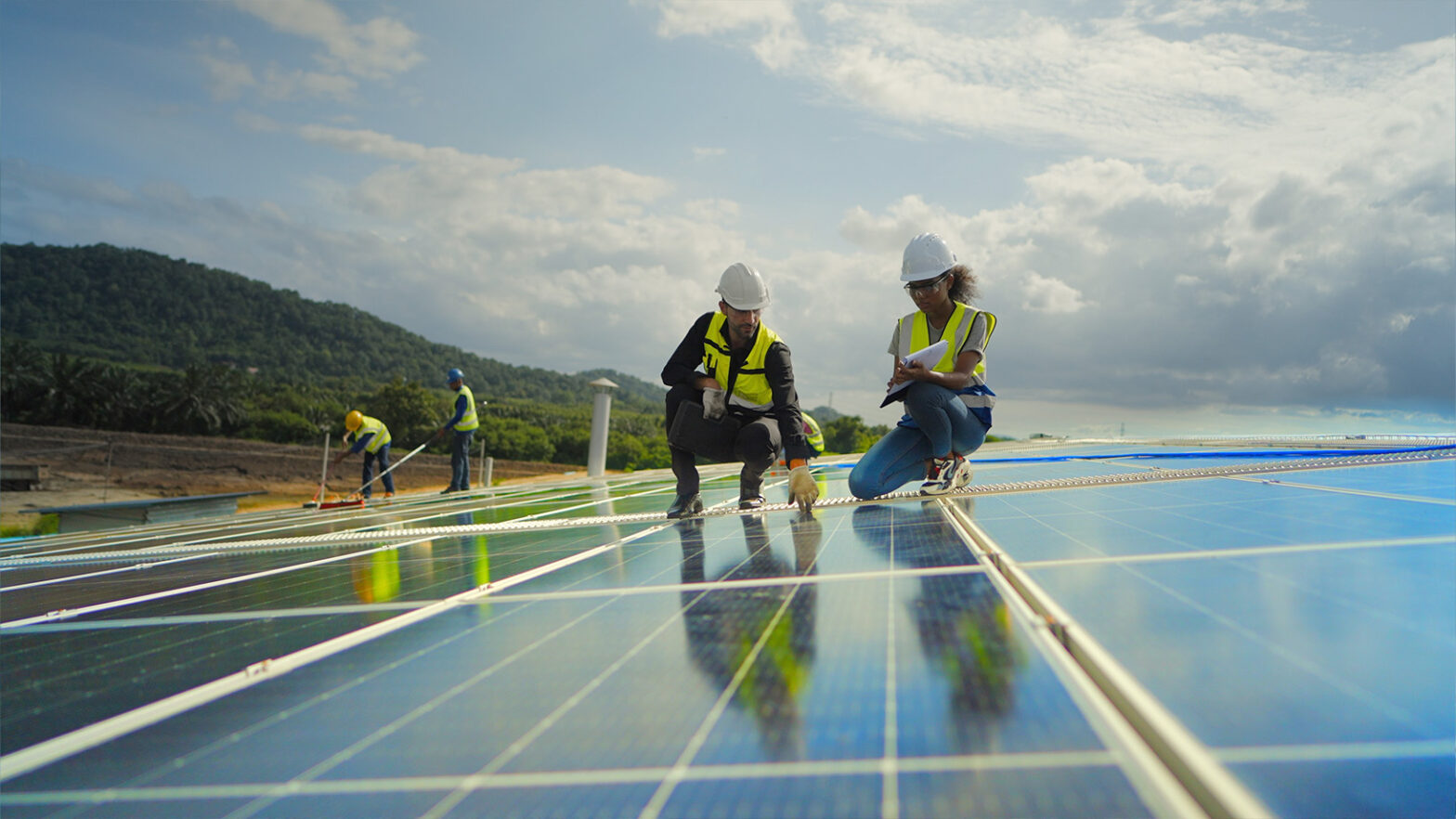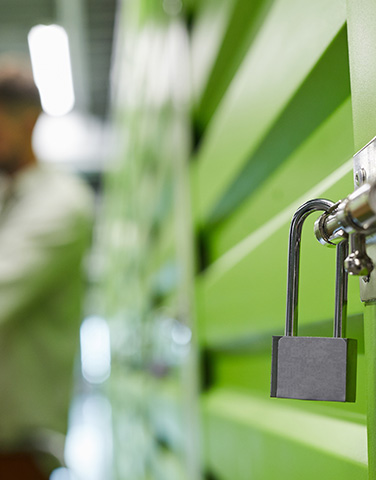
Fostering sustainable business practices in the UK
Sustainability has become a focal point across industries, driven by the imperative need to address environmental challenges like climate change and resource depletion. In the legal world, the real estate sector has shifted towards embracing environmentally responsible practices by the adoption of ‘green’ lease clauses, fit for the 21st century, notwithstanding the challenges posed by the largely 20th century landlord and tenant legislation with the goal of promoting sustainability within a commercial setting.
Commonly in green leases this is achieved by:
- Energy Efficiency: These clauses may include commitments to enhance energy performance by installing energy-efficient lighting, HVAC systems, and implementing energy management systems.
- Waste Reduction and Recycling: Green leases may require tenants to minimise waste, recycle materials, and responsibly dispose of hazardous substances.
- Certifications and Standards: Landlords and tenants might pursue certifications like BREEAM or LEED to demonstrate adherence to sustainability norms. Trade or other professional organisations may require commitment to anti-bribery obligations and/or supply chain transparency.
In reality, this is just the start of what is going on. Beneath the surface and coupled with the lack of guidance or time frame for anticipated legislative change from the Government, we are more frequently seeing:
- An uptake by both tenants and landlords implementing their own initiatives and undertaking energy efficient works such as installing solar panels and electric vehicle charging points.
- A greater importance being put on current, and achievable EPC rating results. There is greater awareness of the cost implication of the various “recommendations” detailed on the report annexed to EPC certificates. Property owners with larger portfolios make increasing use of voluntary advice from registered energy assessors to consider and manage future changes in minimum efficiency standards, and to avoid any unknown or surprise results being registered on the PRS register. Others are seeking to go deeper into the data, going beyond measurement by reference to an EPC rating and in addition focussing on their premises’ unregulated energy load; and the ways in which its demands can be reduced.
- For larger companies, a greater appreciation and adoption of environmental goals particularly with regards to reporting and accounting obligations. Until recently, ESG reporting had been largely voluntary. Now, with the push for a more transparent approach towards ESG, over 1,300 companies and financial institutions are required to compile reports for UK Task Force for Climate-related Disclosures (TCFD).
In conclusion, green leases represent a progressive approach to sustainable property management, offering a framework for landlords and tenants to collaborate in reducing environmental impact and promoting responsible business practices – but this isn’t everything. Cripps can help you identify and mitigate legal risks associated with green leases, ensuring transparency and accountability

















